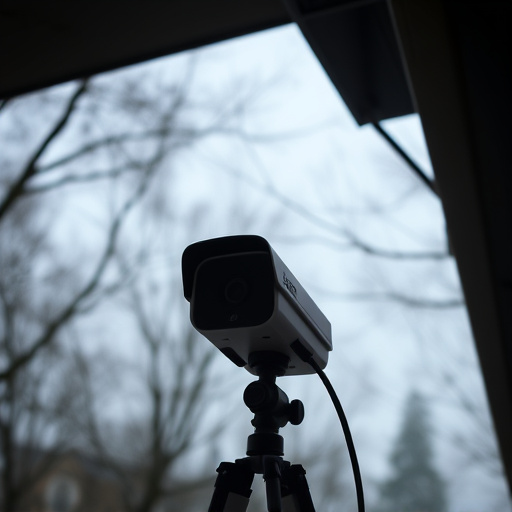Hidden camera laws vary widely across the US, with California offering strongest privacy protections. Understanding these state-specific rules is crucial for respecting privacy and complying with law. At home, spy lens reflection detection techniques combined with legal knowledge help identify hidden cameras. A comprehensive approach to privacy protection includes regular home inspections, staying informed about Hidden Camera Laws by State, implementing robust security measures, and maintaining vigilance against unauthorized surveillance.
In today’s digital age, privacy concerns surrounding hidden cameras have become a pressing issue. Understanding Hidden Camera Laws by State is the first step towards safeguarding your personal space. This comprehensive guide delves into the legal landscape of spy lens detection, offering insights on identifying and mitigating potential risks in your home environment. From recognizing reflection tricks to exploring practical tools, we equip you with the knowledge to protect your privacy effectively.
- Understanding Hidden Camera Laws by State: A Comprehensive Overview
- Spy Lens Reflection Detection Techniques for the Home Environment
- Practical Tips and Tools for Protecting Your Privacy from Hidden Cameras
Understanding Hidden Camera Laws by State: A Comprehensive Overview
In the United States, hidden camera laws vary significantly from state to state, reflecting a complex interplay between privacy rights and technological advancements. Understanding these laws is crucial for both individuals seeking to protect their privacy and businesses aiming to comply with legal requirements. For instance, California has some of the most stringent rules, prohibiting the installation of hidden cameras without explicit consent from all parties involved. Conversely, other states allow for more flexibility, with regulations focusing primarily on public spaces and specific types of devices.
Knowing which state you operate in or plan to conduct surveillance is essential. It’s not just about avoiding legal repercussions; it also ensures that privacy expectations are managed appropriately. For example, while some states may permit hidden cameras for security purposes, they often mandate clear signage notifying individuals that such devices are in use. Staying informed about Hidden Camera Laws by State enables everyone to navigate this digital age responsibly and ethically.
Spy Lens Reflection Detection Techniques for the Home Environment
In the home environment, spy lens reflection detection techniques are crucial for identifying hidden cameras that may be in place to invade privacy. These advanced methods leverage a combination of visual analysis and technological tools to uncover clandestine surveillance devices. One effective approach involves examining reflections on surfaces like glass windows or mirrors. By carefully observing these reflections, individuals can detect subtle distortions or anomalies indicative of spy lenses, which often have unique optical characteristics designed to avoid detection.
Understanding the legal framework surrounding hidden camera use is also essential in the home setting. The Hidden Camera Laws by State vary significantly, with some states having stringent regulations that require explicit consent for installing surveillance equipment while others have more lax guidelines. Staying informed about these laws helps homeowners ensure they are not only protecting their privacy but also adhering to relevant legal requirements.
Practical Tips and Tools for Protecting Your Privacy from Hidden Cameras
Protecting your privacy from hidden cameras requires a combination of awareness, tools, and understanding the legal landscape. Start by conducting regular home inspections using specialized equipment like UV lights or infrared cameras capable of detecting digital recording devices commonly used in hidden cameras. These tools can reveal miniature cameras, micro-recorders, or even RFID tags that may be covertly installed.
Familiarize yourself with Hidden Camera Laws by State to stay informed about legal protections. Each state has its own regulations regarding the use and installation of hidden cameras, so understanding these laws is crucial for knowing your rights and taking appropriate action if necessary. Additionally, ensure secure hardware and software configurations for your devices, especially those containing sensitive information, to prevent unauthorized access or surveillance. Regularly update security protocols and be vigilant in securing your living spaces and digital assets.
Protecting your privacy in today’s digital age is more crucial than ever, especially with the prevalence of hidden camera laws varying across states. By understanding these laws and employing advanced spy lens reflection detection techniques for home environments, you can take proactive steps to safeguard your personal space. Equipping yourself with practical tips and tools allows you to detect and deter potential hidden cameras, ensuring a secure and private living space. Stay informed, stay vigilant, and prioritize your privacy by staying ahead of these evolving technologies.
